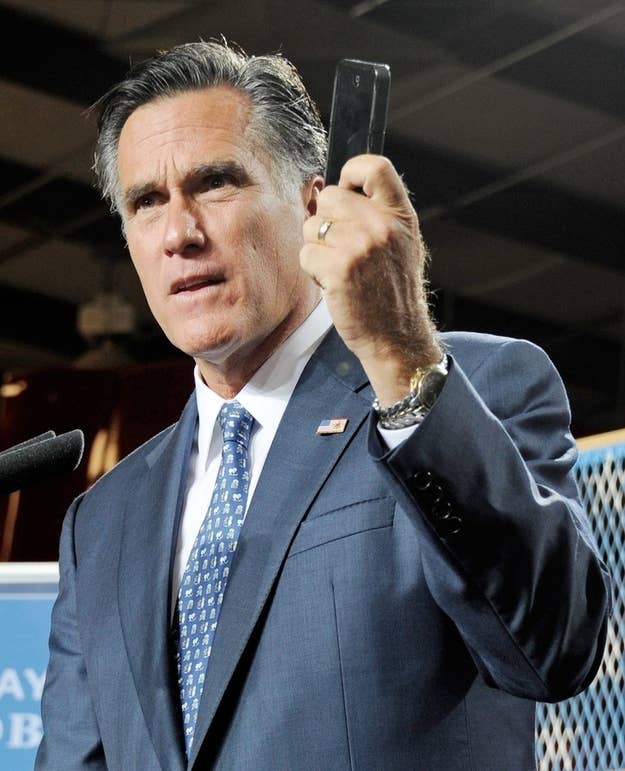
On Monday night, the Federal Elections Commission unanimously approved text to donations by campaigns, and the political world was forever changed.
Perhaps no campaign will benefit as much in the immediate future as that of President Barack Obama. At the end of Obama’s 2008 campaign the campaign had more than 1 million mobile numbers, and they’ve continued to gain numbers for the past four years through their website and other digital media. How long will it be until the campaign turns its famous $3 email ask into a $3 SMS ask and raise millions from an untapped medium?
Mobile’s rise is the latest challenge to the still-dominant small dollar medium, email. E-mail solicitations have faced new rivals in the form of social media platforms and companion ads, but email’s ability to bring in large masses of small dollar donations is unmatched. That’s why I chose e-mail over SMS to release the name of Rick Scott’s Lieutenant Governor pick in 2010. And, it was largely because of a large, robust in-house email list, and money spent renting large external lists that helped Newt Gingrich raised more than $1.5 million online in the 48 hours following his South Carolina victory earlier this year.
But if e-mail is king in terms of small dollar fundraising in politics, then after Monday’s decision, it is a king whose best days are probably behind him. The FEC decision fundamentally changed how campaigns should view small dollar bundling. However, the outcome of the decision isn’t as simple as it sounds. The Hill’sMegan Wilson outlined some of the restrictions that stem from the decision:
Text donations would be capped at between $10 and $50 per billing cycle and campaigns would enforce that restriction through tracking donations from a single user’s mobile phone number to a single premium short code assigned to the political committee. The short code would also enable the aggregator and carriers to ensure “the $50 limit is never exceeded for one political recipient.”
With the peculiarity of these rules, it seems likely that many of these limits and restrictions will change in time.
Why are mobile donations so important? To “Millennials” their mobile device is the center of the universe. They’re not only listeners of streaming radio, and rabid Facebook users, but they are also rapid texters. A Pew Study released last year highlighted some of the age gap: "For instance, most cell phone owners only use two of the main non-voice functions on their phones: taking pictures and text messaging," the report states. "However, most Millennials also use their phones to surf the internet, send email, play games, listen to music, and record videos." While usage among the youth is much higher, even usage of mobile devices among older Americans is quickly increasing.
The ability to accept donations via text will greatly increase the percentage of donations coming in from mobile users as a whole. On the Gingrich campaign mobile users made up 18% of visitors to the campaign website but only 8% of our donations came via mobile users. The ability to text in a donation should help close that gap. In 2009 I ran the mobile operations for Bob McDonnell’s gubernatorial race in Virginia. We briefly tried raising money off of our opt-in list and had users text back a donation amount that was followed up by a live caller who took credit card information. If we had used the technology discussed on Monday, our program would have been much more successful.
Text-to-donate’s success will largely be tied to campaign’s willingness to integrate a short code/donation ask into television advertising. One recent study found that only an estimated 1.5% of the roughly 10 billion dollars spent in political advertising this year will be spent online. The estimated 6.6+ billion spent on television ads could bring in money from voters sitting on their couches watching television while texting on their smartphones.
There’s no doubt that Monday’s decision will fundamentally change campaigns’ ability to fundraise. The ability to raise small donations with simply a single text message donation amount will certainly help fuel insurgent/grassroots candidates and add power to average citizens’ involvement in the political process. It remains to be seen if campaigns will be willing to add the ability for text-to-donate throughout their paid media program, and most importantly, on television. Until then, I will wait expectantly for that text from the Obama campaign asking me for $3.
Vincent Harris ran digital operations for Speaker Newt Gingrich and Governor Rick Perry's 2012 Presidential campaigns. He is the founder and CEO of Harris Media, a digital firm based in Austin, Texas.
